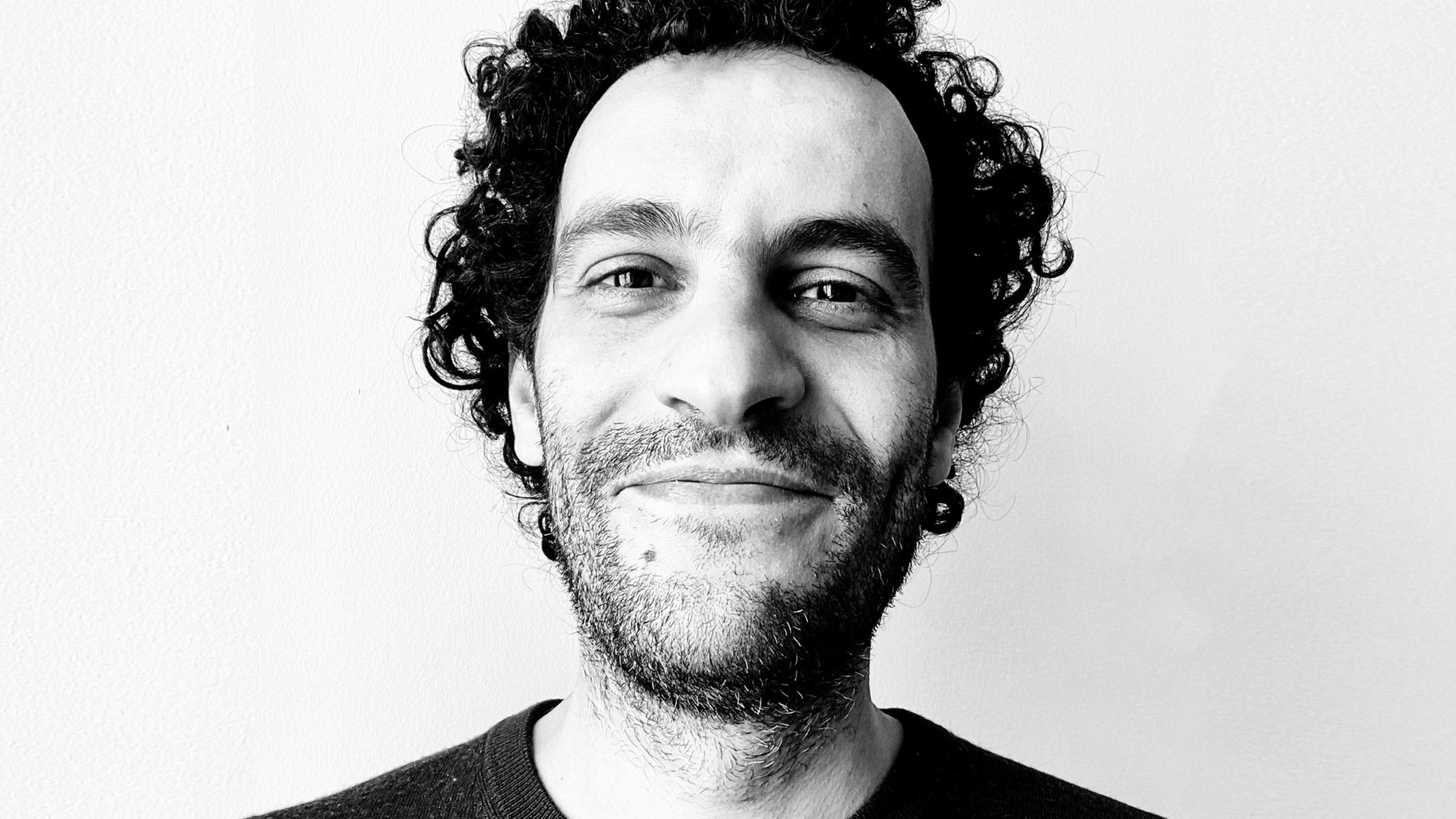Saad Said: “Citizen-led governance models lead to more democratic and equitable societies”
How did the “Citizens in Power” initiative come to life?
“Citizens in Power” was born as a collaboration between myself and David Jubb. We both met in 2017 while working in the UK’s cultural sector. Despite our differing backgrounds in race, class, religion, culture, and politics, we both shared a mutual passion for citizen-led governance. We envisioned a platform that could unify people from diverse backgrounds and foster better decision-making through active listening, deliberation and mutual understanding. This led to the creation of “Citizens in Power” with a vision to bring people together from different backgrounds to make better decisions by listening to each other.
What is citizen-led governance?
Citizen-led governance is a dynamic and inclusive approach to decision-making and leadership. It emphasises the active participation of citizens in the governance process, enabling them to deliberate, make informed decisions, and shape their destinies collectively. This model moves away from traditional bipartisan governance systems, which often promote exclusivity and do not adequately represent the dynamic societies of today. Instead, citizen-led governance offers a more equitable platform where diverse voices are heard, and decisions are made in a collaborative, transparent, and inclusive manner.
How can this kind of governance be applied in the cultural sector? How does it resonate with participatory art?
In the cultural sector, citizen-led governance can manifest through initiatives that foster co-creation, participation, and collaborative decision-making between communities, artists, and institutions. It resonates deeply with participatory art, as both realms emphasise the importance of involving the community in the creative process. Examples include participatory budgeting, where citizens have a direct say in public spending on cultural projects, and co-creation models, where citizens are actively involved in designing and implementing cultural programs. These approaches ensure that cultural initiatives are reflective off and responsive to the community’s needs and aspirations, leading to more vibrant and inclusive cultural landscapes.
What would you say are the greatest challenges and triumphs of working with citizen-led projects in the UK these past years?
The greatest challenges have included overcoming entrenched political systems and mindsets resistant to change, bridging the gap between diverse community groups, and ensuring genuine inclusivity and representation in decision-making processes.
Despite these challenges, there have been significant triumphs, such as the successful implementation of innovative governance models like participatory budgeting and deliberative polling, leading to more democratic and equitable societies. These successes highlight the potential of citizen-led governance to foster a sense of empowerment among citizens and to drive meaningful societal change. There is still on long way to go but we can sense a real momentum that is building around the model and it’s capacity to build a better society.
What can people expect from the “Citizens in Power” workshop?
The workshop is built around a dynamic, collaborative and collective set of conversations that offer an opportunity to understand and explore different levels that institutions use to engage and share power with citizens, from participation to co-creation to fully handing over leadership and decision-making. It allows an opportunity to better understand the challenges and opportunities that each level of engagement offers to institutions.
Isto é PARTIS & Art for Change Citizens in Power

